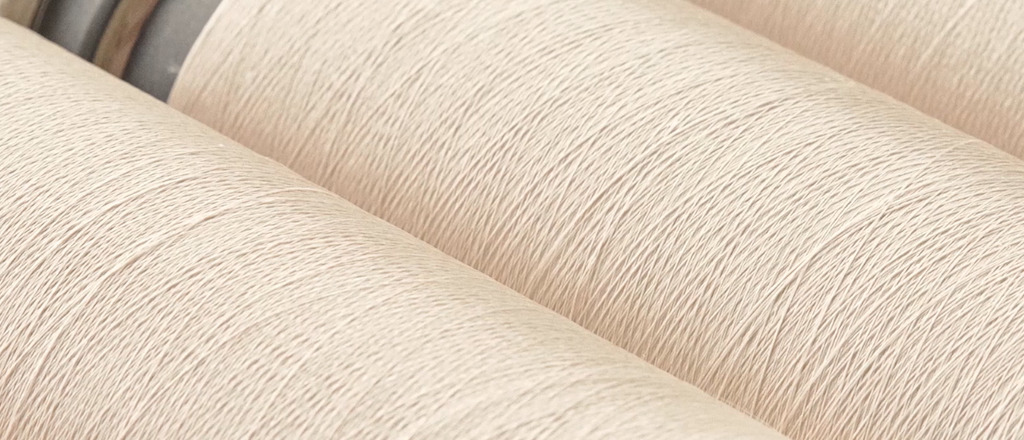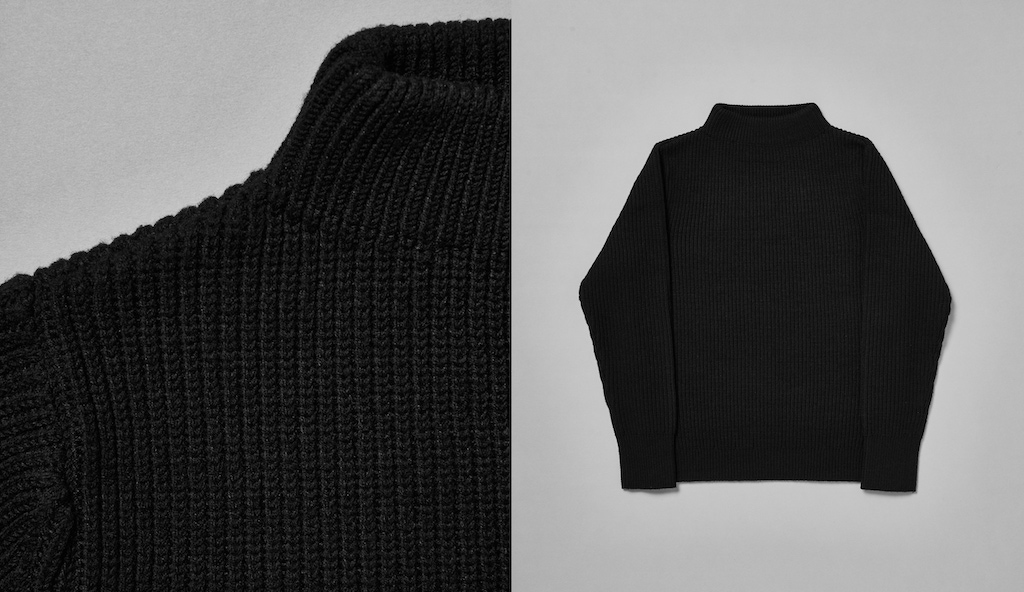3 Mins Read
Could brewing protein for biomaterials become the future of fashion? Japanese biotech Spiber thinks so.
Conscious consumerism is on the rise, with sustainable cruelty-free fabrics becoming trendier day by day. But while brands have plenty of leather alternatives to choose from, there remains an innovation gap when it comes to replacements for other animal-based textiles, from wool to cashmere. One Japanese company, Spiber, has created a platform to do just that.
Spiber uses synthetic biology and material science to make its Brewed Protein textiles. Instead of drawing on plant-based components like apples or grapes to make alt-leather, the Japanese biotech uses microbial fermentation to “brew” new polymers to make substitutes for all types of animal fabrics.
Brewed Protein biomaterials

In the manufacturing process, Spiber uses agricultural waste as feedstock, turning waste into fermented polymers that can be applied to displace everything from cashmere to fur, wool and silk. It can also be used to replace existing plastic-based fossil fuel synthetic fabrics.
Spiber’s solution directly tackles what a recent MII report has described as a significant white space in the next-gen material industry, which has so far focused primarily on leather alternatives.
According to the biotech, Brewed Protein is an animal-free synthetic protein platform, and is completely bio-based, biodegradable, and cruelty-free. In terms of its sustainability credentials, it not only uses far fewer resources to produce, but also slashes GHG emissions compared to traditional cashmere production.
Related: Kering breaks up with fur as luxury fashion shifts to cruelty-free

Large-scale production
Having already demonstrated its concept, Spiber is now racing ahead to begin production of its brewed animal-free materials. Fuelled by JPY 34.4 billion (US$300 million) in a funding round in September, Spiber is set to begin operations in its Thailand production plant this year.
The round was led by Carlyle, the company behind major fashion labels like Golden Goose and Moncler, and also saw significant investment from Cool Japan Fund and joined by Fidelity INternational and Baillie Gifford.
“Spiber will be able to fully leverage Carlyle’s global industry experience, sustainability expertise, and network with luxury brands as well as the textile and material industries to accelerate its further growth,” said the company.
At the time, Spiber said the funds would also help it build an additional manufacturing plant in the US. This site will be constructed in collaboration with ADM, and is slated to be fully operational by 2023.
“Leveraging the broad networks and deep expertise of these shareholders will allow Spiber to accelerate its global expansion projects,” Spiber stated.
All images courtesy of Spiber.




